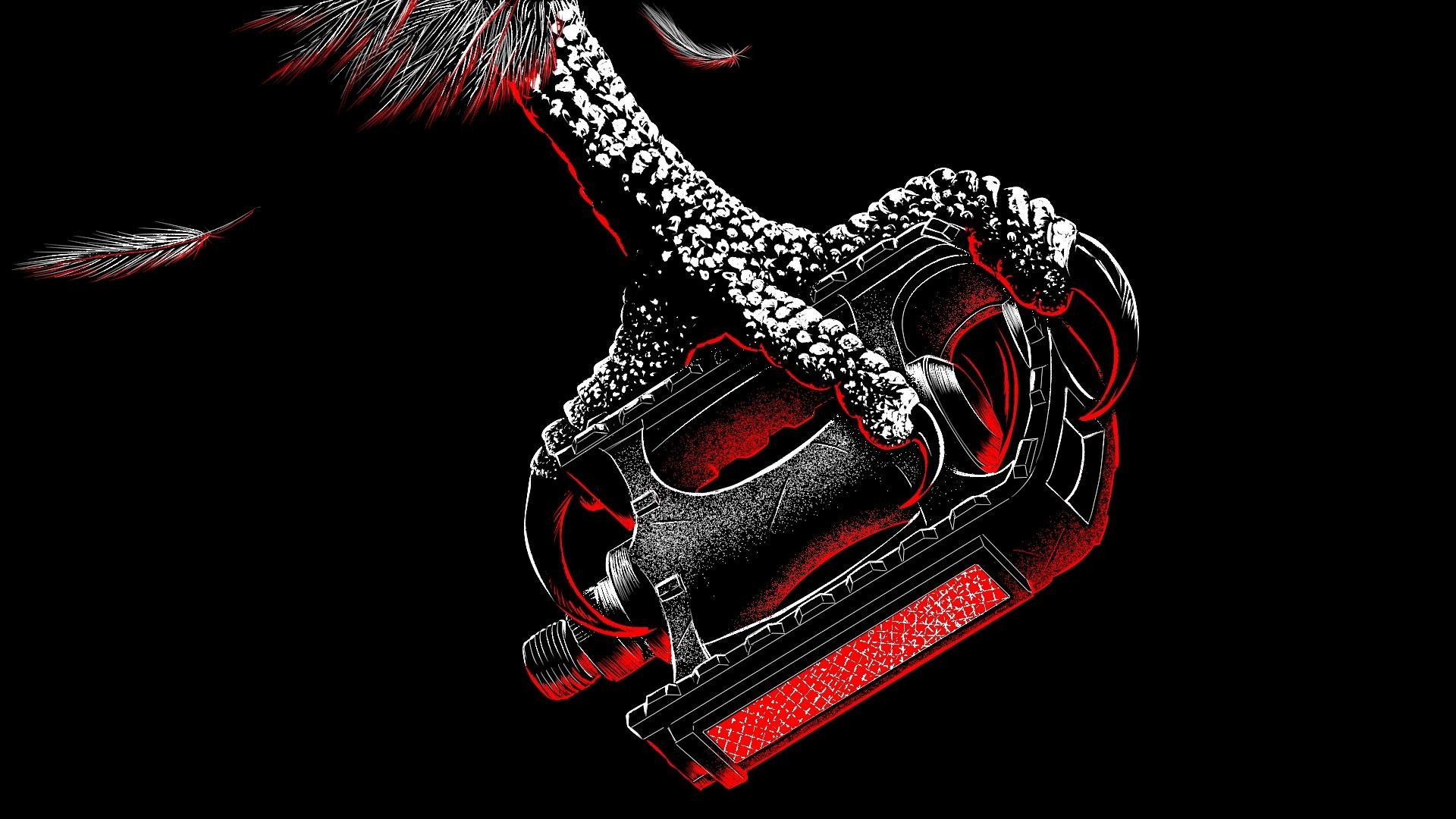Few corporations view meetings as a critical business function and there’s no one at the executive level who actually owns them.
But many big companies spend more on their meetings than they do their entire IT budget, says Steven G. Rogelberg, Chancellor’s Professor at the University of North Carolina at Charlotte, who has written two books about meetings and consulted with many Fortune 100 companies.
Skift Meetings caught up with Rogelberg to discuss how to grow awareness of the value of meetings and create accountability for their success.
You have advocated for the role of chief meeting officer. What would this entail?
When it comes to meetings, we often think of the costs in terms of the venue, or the speakers, but really, the biggest costs are in time and salaries. IT is actually a lesser expense than meetings when it’s fully costed out.
And yet, with IT, we build in so many layers to confirm that our investment is a good one. We have someone, a director of IT or a chief technology officer, who serves as the owner of this critical function.
So you have this tremendous expense — one where, if you look at people’s attitudes and reports, is not getting the return on investment — and yet there’s no one in the company who really owns that.
The chief meeting officer’s role would be to make sure that people are investing their time effectively. The person would need to be high enough in the company that they understand what is truly essential and needed.
It would also be a statement — a visible person on the leadership team who’s saying, “I got this. I’m going to make sure your time is well accounted for and that you don’t leave feeling like this meeting was a waste of your time.”
Are there benefits to including attendees in the planning process for meetings?
Innovation should be about co-creating. If we want an experience to be really meaningful and to hit the mark, it will increase our chances dramatically if we involve the end user from the very beginning.
How do meeting owners get in the way of honestly assessing a meeting’s success?
When you survey people coming out of a meeting, there is one person who always says that it was really good: the meeting leader.
Basically, when we are in control of something, when we’re doing most of the talking, we tend to have an inflated sense of the value of the activity. As a result, when we’re designing future meetings, we tend to just assume that everything we’ve done in the past was pretty darn good. We might tweak it, update it, but we fundamentally have this blind spot that when we create things, implement things, we tend to think they’re better than the rest of the group does.
There’s a consequence associated with that — a blind spot. It’s difficult making adjustments and improvements, as well as accepting responsibility
Does that explain why planners can have such a hard time getting approval to make changes to their meetings, even if they are ultimately better for attendees (like healthier food)?
I think that the most successful events are going to be those where there’s a team that owns the entire experience — a logistics or operations person, some attendees, and a member of the leadership team who’s taking ownership of the content and the quality of the experience. All those parties together own this experience and become the face of it.
So instead of the meeting planner constantly trying to reach out to senior executives to make individual improvements, the process becomes more intentional.

Learn, connect, and get inspired — with the event industry’s who’s who.
September 15 – NEW YORK CITY



